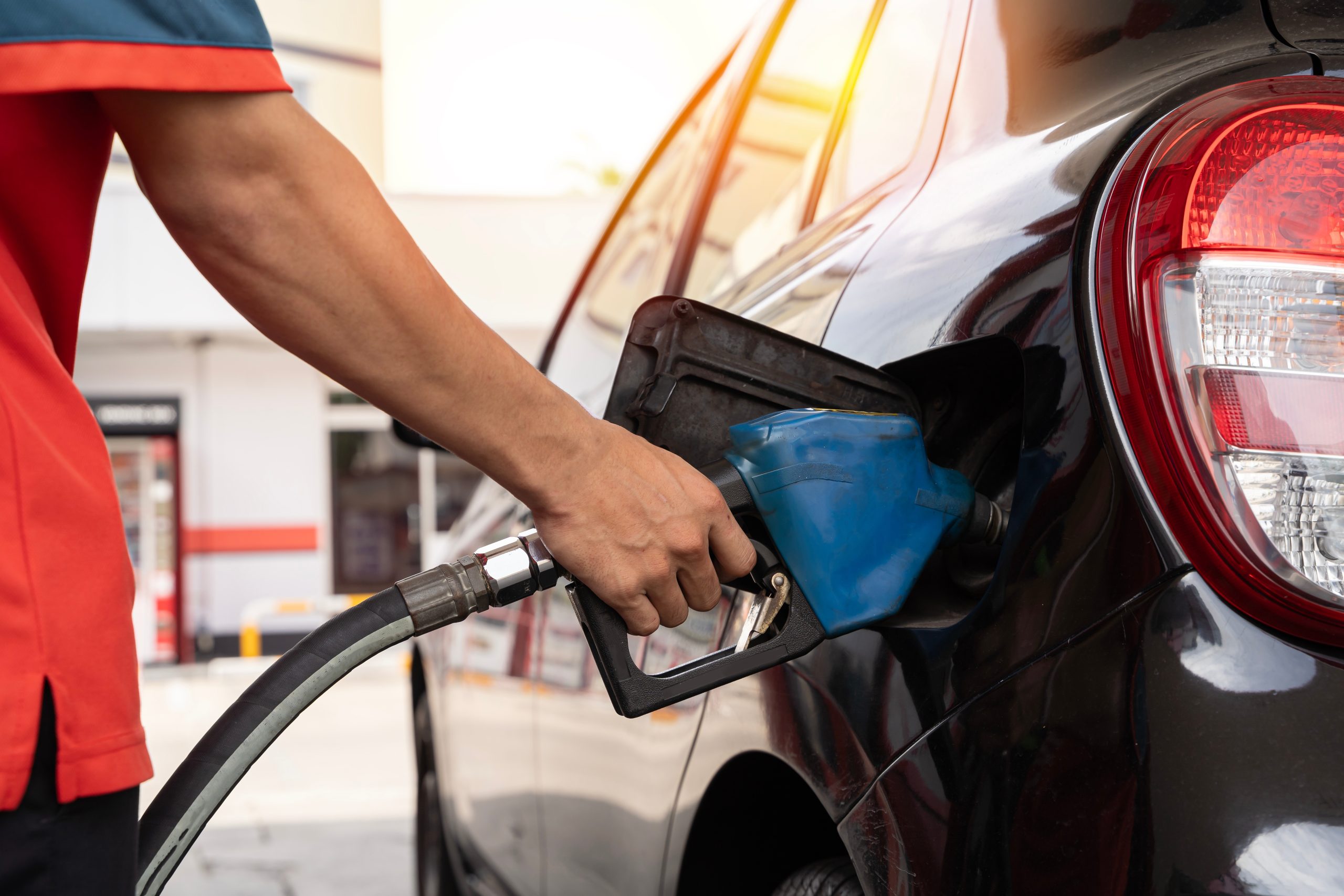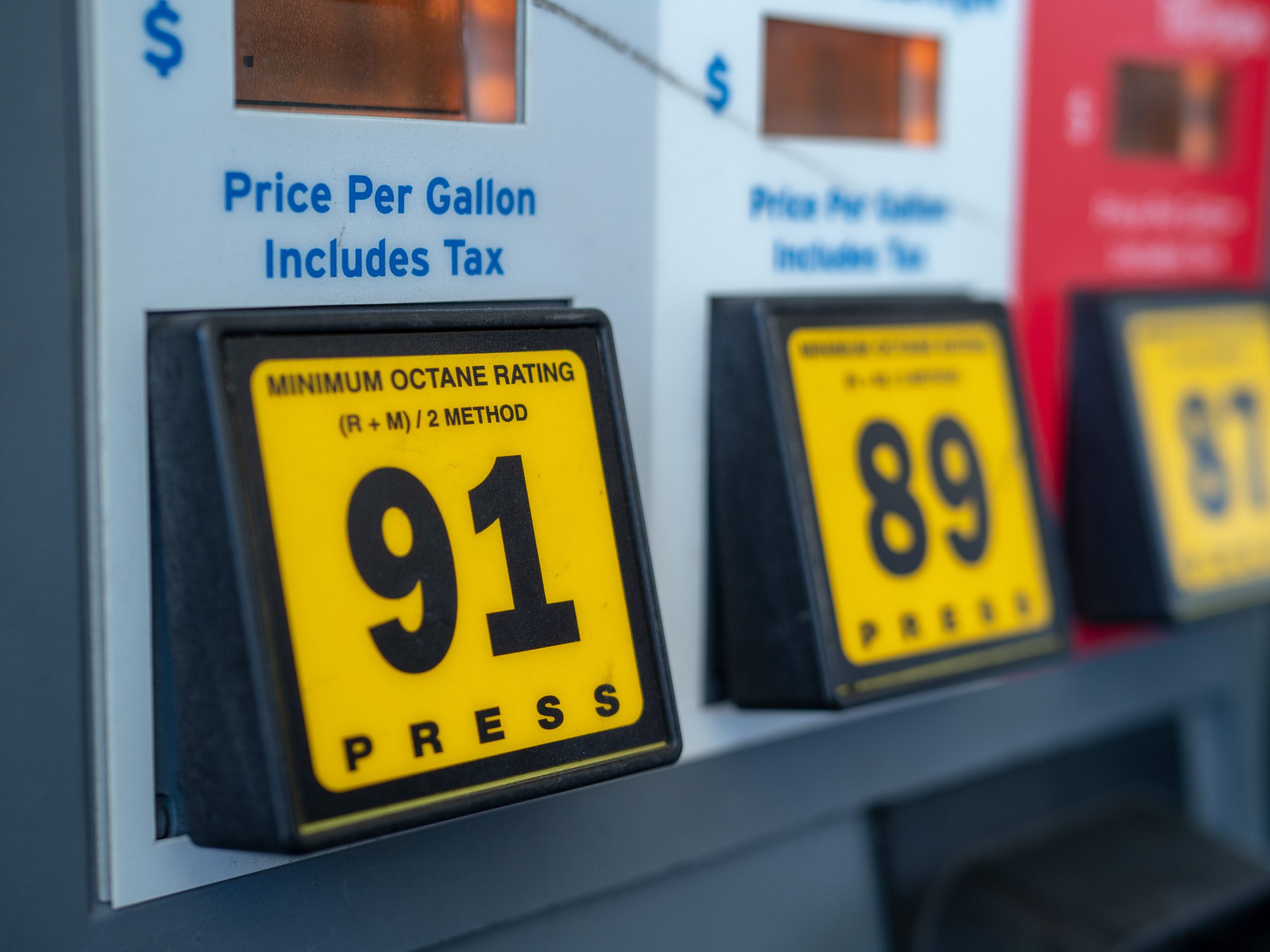How to Choose the Fuel Type for Your Car in Kuwait

Choosing the right fuel for your vehicle is about maximizing your car’s performance, preserving engine health, and making every trip more efficient. In Kuwait, where the heat is high and driving is a daily necessity, knowing which fuel type suits your car best can significantly impact your driving experience.
In this article, we’ll explore the fuel types for cars, how to choose the right one for your vehicle, and what to consider when it comes to fuel price in Kuwait and fuel consumption for used cars.
Fuel Types for Cars in Kuwait: What’s Available?
Kuwait offers a relatively simple fuel structure at petrol stations, making it easier for drivers to choose between the available options. The main fuel types for cars are:
1. Octane 91 (Regular)
This is the most common and affordable fuel type available in Kuwait. It is suitable for standard engines that don’t require high compression. For most economy cars, Octane 91 offers a good balance of efficiency and cost.
2. Octane 95 (Premium)
Higher octane fuel is designed for vehicles with high-performance engines or turbocharged systems. If your car’s manufacturer recommends premium fuel, using it can lead to better engine performance, smoother acceleration, and longer engine life.
3. Diesel
Diesel fuel is primarily used in commercial vehicles, trucks, and certain heavy-duty SUVs. Diesel engines are known for better torque and fuel consumption for used cars that are driven long distances, although diesel cars are less common in the private passenger vehicle segment in Kuwait.

How to Choose the Right Fuel for Your Car
The simplest way to know which fuel type to use is by checking your vehicle’s owner’s manual. It typically lists the minimum octane rating recommended by the manufacturer, but there are a lot to consider:
1. Engine design
Some engines are optimized for regular fuel, while others require higher octane to avoid engine knocking. Using the wrong fuel type can result in reduced power and long-term damage.
2. Car’s condition
When it comes to fuel consumption for used cars, it’s important to assess the engine condition. Older engines may not perform well with lower-octane fuels if carbon build-up has altered compression ratios. In such cases, switching to a slightly higher octane may improve efficiency.
3. Performance needs
If you drive a high-performance or luxury car (like a turbocharged SUV or a Lexus), chances are it will benefit from Octane 95. However, if your car is a compact commuter, Octane 91 will likely do the job just fine.
Fuel Price in Kuwait: What You Need to Know
Kuwait, being one of the world’s major oil producers, offers fuel at some of the lowest prices globally. However, fuel price in Kuwait does fluctuate slightly based on global oil markets and government pricing policies.
As of recent data:
- Octane 91 is more affordable and widely used (85 fils/ liter).
- Octane 95 comes at a higher price but offers better performance for suitable cars (105 fils/liter).
- Diesel is competitively priced and often used in commercial fleets (115 fils/liter).
For most drivers in Kuwait, the fuel price difference between Octane 91 and Octane 95 is manageable, but over time, especially for daily commuters, it can add up. That’s why choosing the correct type for your car matters.

Fuel Consumption for Used Cars: What to Look For
If you’re driving a used vehicle—or considering buying one—understanding its fuel efficiency is essential. What to keep in mind:
1. Engine wear
Over time, engine wear can reduce fuel efficiency. Older engines often have to work harder, which leads to higher fuel consumption for used cars.
2. Maintenance history
A well-maintained used car with regular oil changes, clean air filters, and proper tire pressure will consume less fuel than a neglected one. Always review the car’s maintenance history before purchase.
3. Driving habits
Aggressive driving, rapid acceleration, and excessive idling all contribute to poor fuel economy. Gentle acceleration and smooth braking can noticeably improve fuel efficiency.
4. Fuel type
Using the right fuel for your car’s condition is key, especially if it’s a used vehicle. While most cars are designed for Octane 91, older engines with wear and tear might run better on Octane 95.
Why? Because Octane 95 helps reduce engine knocking and can improve performance if the engine isn’t running as smoothly as it used to. However, if your car is in good condition and built for Octane 91, upgrading to 95 won’t offer extra benefits; it’ll just cost more.
Extra tip: If you notice knocking, hesitation, or poor fuel economy, try switching to Octane 95 and monitor the difference. When in doubt, consult a mechanic.
Top Cars Ranked by Fuel Consumption in Kuwait
If you are driving a new model or looking into the fuel consumption for used cars, some vehicles are known to deliver excellent mileage. We provide you with a ranking of popular cars in Kuwait, based on average fuel efficiency (measured in kilometers per liter – km/l):
1. Toyota Yaris (Hybrid & Petrol)
- Fuel efficiency: 20–27 km/l
- Why it ranks high: Lightweight, reliable engine, and excellent city fuel economy.
- Best for: Daily city commuters and first-time car buyers.
2. Honda Civic
- Fuel efficiency: 17–20 km/l
- Why it ranks high: Smooth driving with a fuel-efficient turbo engine.
- Best for: Drivers who want style, comfort, and savings on fuel.
3. Kia Picanto
- Fuel efficiency: 18–21 km/l
- Why it ranks high: Small engine and compact size make it ideal for short city trips.
- Best for: Budget-conscious drivers or students.
4. Toyota Corolla (Hybrid or Petrol)
- Fuel efficiency: 18–25 km/l
- Why it ranks high: Long-standing reputation for reliability and efficient hybrid options.
- Best for: Families and fleet owners.
5. Nissan Sunny
- Fuel efficiency: 17–19 km/l
- Why it ranks high: Economical to run and maintain, especially among used cars.
- Best for: Taxi drivers, delivery drivers, and affordable transportation.
6. Hyundai Elantra
- Fuel efficiency: 16–18 km/l
- Why it ranks high: Balanced performance with decent mileage.
- Best for: Young professionals and mid-size sedan buyers.
7. Lexus ES 300h (Hybrid)
- Fuel efficiency: 20–23 km/l
- Why it ranks high: Luxury meets fuel economy in this hybrid sedan.
- Best for: Drivers looking for a premium feel without high fuel costs.
Tips to Improve Fuel Efficiency in Kuwait’s Conditions
Kuwait’s high temperatures, heavy traffic, and frequent use of air conditioning all contribute to increased fuel use. Whether you drive a new or used car, these tips can help you out:
- Limit idling: In hot weather, it’s tempting to let the car idle with the AC on, but that burns fuel unnecessarily.
- Check tire pressure regularly: Under-inflated tires increase drag and reduce fuel economy.
- Avoid heavy loads: Excess weight means the engine works harder and burns more fuel.
- Use the right motor oil: Some oils are designed to improve fuel efficiency.
- Drive at moderate speeds: High-speed driving dramatically increases fuel use.
Local Advice: What Do Mechanics and Experts Say?
Mechanics across Kuwait often stress that fuel types for cars must match manufacturer recommendations. Some drivers mistakenly believe that using Premium fuel in a regular engine boosts performance—but that’s a myth. It won’t harm the engine, but it won’t help either, and you’ll just be paying more.
For fuel consumption for used cars, mechanics suggest drivers experiment with both Octane 91 and 95 to observe differences in performance and efficiency, especially if the engine has clocked high mileage.
Understanding Fuel Choices in Kuwait
In a car-dependent country like Kuwait, understanding the fuel you put in your vehicle is more important than many people realize. Whether you’re concerned about fuel prices in Kuwait, choosing between fuel types for cars, or managing fuel consumption for used cars, making informed decisions will save you money, extend the life of your engine, and improve your driving experience.
Always check your car manual, listen to your engine, and don’t fall for common fuel myths. At the end of the day, the best fuel for your car is the one it was built for, and the one that keeps you running smoothly across Kuwait’s roads.



